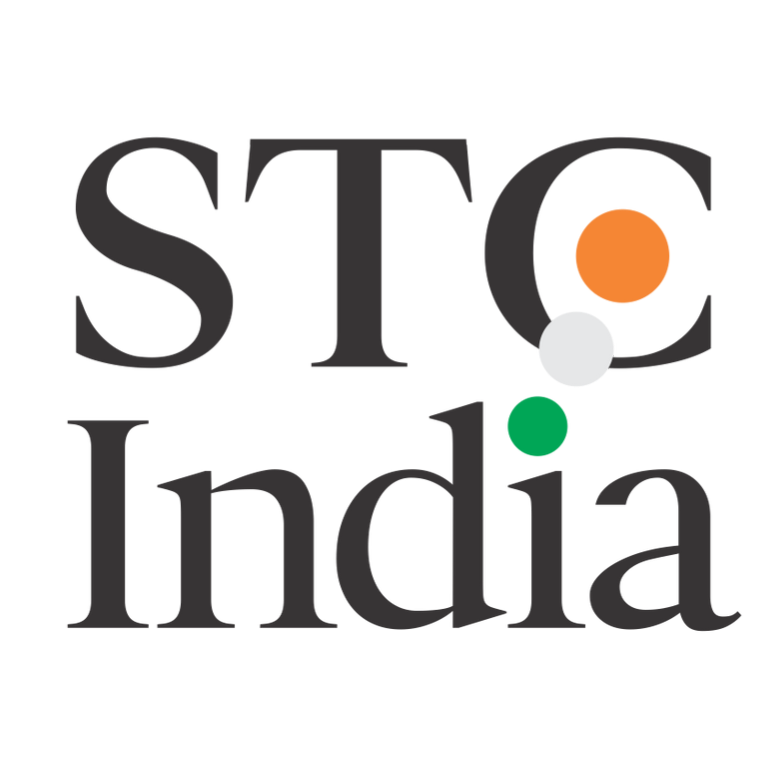Explore a curated Learning Journey with STC India
STC India's Technical Writing 101 Series
Dive into the world of technical writing with STC India’s Technical Writing 101 Series! Open to all enthusiasts, tailored for diverse audiences! STC India brings to you the Beginners 101 and Professional 101 sessions respectively. Join us for the introductory session on the session coverage and how you will benefit.
Limited seats available. The sessions are free, but prior registration is mandatory. Secure your spot now for a transformative journey toward technical writing brilliance!
Join us on 10 February, 2024 from 10:00 AM to 11:00 AM for an extremely exciting session.
AI Tools for Technical Communicators
STC India is hosting a learning session for you to learn all about the different AI Tools you can use as a Technical Communicator. Presented by Paresh Naik of BMC Software, the session will be an interesting insight into the new tools for today.
Join us on 7 September, 2023 from 7:30 PM to 8:30 PM for an extremely exciting session.
AI Tools for Technical Communicators
STC India is hosting a learning session for you to learn all about the different AI Tools you can use as a Technical Communicator. Presented by Paresh Naik of BMC Software and Deepak Singla of Fini, the session will be an interesting insight into the new tools for today.
Join us on 28 July, 2023 from 4 PM to 5 PM for an extremely exciting session.
October Learning Fest 2021
STC India Chapter’s October Learning Fest is a designed to help you catch up with the current trends in documentation and instructional design. Four international speakers share their insights on microcontent, intelligent content, accessibility and designing modern age learning to help you help the user in the most effective of ways.
Join us on October 9, 2021 from 5 PM to 9 PM for what promises to be an enlightening evening!
API Documentation
The session introduces you to APIs and what you must know to document them. The session will contain live examples of APIs, touch upon JSON and XML, and explain the Whats and HowTos of API documentation.
Leadership in the Tech Writing Industry
Leading a tech writing team has its own specific set of challenges and opportunities. While the general principles of leadership apply to us also, it is worth reflecting on what exactly we need to do to develop highly motivated teams that are respected across functions. “Engineering is at the top of the food chain, and it is hard to influence them” is a belief many people have – does it have to be that way? Can strong leadership in Tech Writing change that power dynamic? A session to explore and share possibilities.
Bringing Cognitive Learning Theory to Life: Applications in Content Development
As technical communicators, we pour energy into creating content that explains detailed concepts and processes in ways that the end user can understand and apply. Easier said than done, right? In this session, we will discuss how incorporating key concepts from Cognitive Learning Theory will elevate the work we do. We will explore what goes on inside the mind – how information is perceived, received, and retained.
Content Strategy for Beginners
Content is a strategic business asset that helps an organization achieve its business objectives.
For an organisation to realise the potential of its content, there needs to be a coherent content strategy in place. This helps the organisation deliver a consistent and cohesive message while ensuring every segment of the intended audience gets relevant content when they need it and in a form that they can use with ease.
Situational Leadership® is an adaptive leadership style designed by Ken Blanchard & Paul Hersey.
In the past a leader was a boss. Today’s leaders cannot lead solely based on positional power. The USP is customizing leader behavior per the situation and developing people.
Minimalism in Practice
Users want to get their jobs done. They don’t want to search through a lot of material in order to find what they need. Minimalism is about taking out unnecessary material so that the user can see and use the information that they really need. It is also about ensuring that the right material is included. Just as growing a successful garden requires rigorous weeding, creating effective documentation requires ruthless editing and clearing space for the content that the users need to do their jobs.










